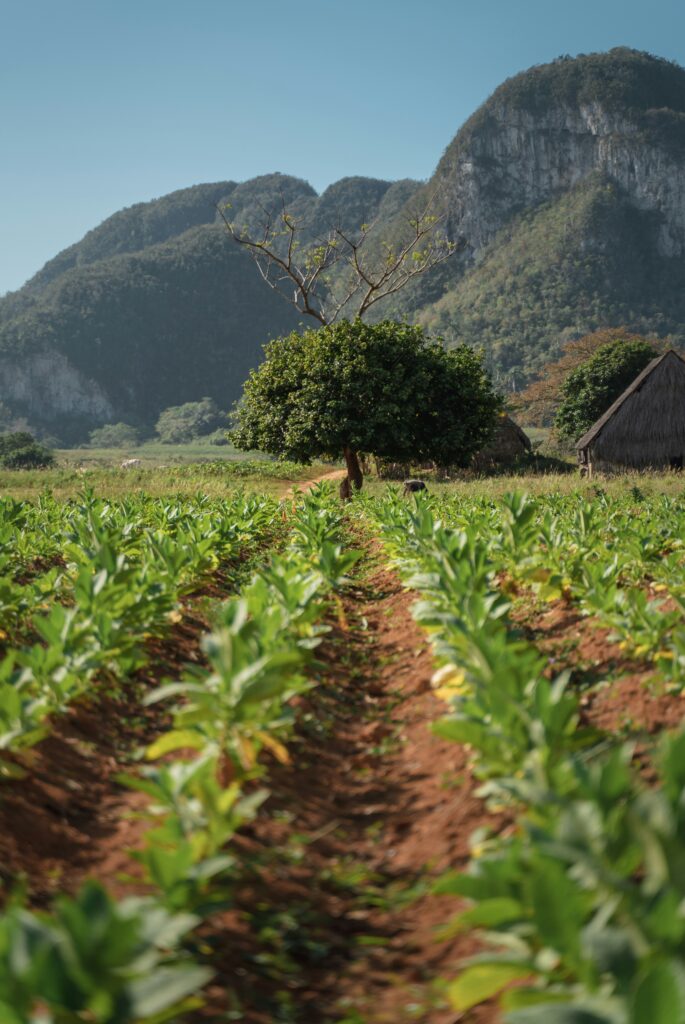The Centre for Pesticide Suicide Prevention and the University Of Cape Town welcomes South Africa’s ban on terbufos – a highly toxic pesticide .

Photo Credit: Daniel Sessler
The South African Cabinet has approved an immediate country-wide ban on the use and import of terbufos, a highly hazardous pesticide.
The decision was made by Cabinet on 11 June after reviewing a report from the Inter-Ministerial Committee (IMC) on food-borne illnesses.
Over half the 50 children whose autopsies were reviewed at one mortuary had died from terbufos poisoning (29 cases), according to a 2023 study published in BMC Public Health.
This study, by Bronwen Davies , Marie Belle Kathrina Mendoza Hlela and Andrea Rother (2023), formed part of the IMC report and recommendations made to the Cabinet.
A recent publication in the South African Medical Journal also found that at least 890 children had experienced food borne illnesses since September 2024 after eating contaminated food.
Of these, 22 had died from eating contaminated food from informal shops and street vendors.
At least six of these deaths were directly linked to terbufos via scientific tests.
The report also found that pesticides were also the leading cause of poisoning deaths in adults, making up about 29 per cent of deaths.
This was true for both unintentional poisonings and suicides.
The research also noted that for children up to the age of 17, pesticides were the most common cause of poisoning deaths, regardless of how the poisoning happened. Pesticides constituted 42 per cent of all fatal poisoning cases amongst children.
Responding to the news, Michael Eddleston, Director for the Centre for Pesticide Suicide Prevention, said: “This decision taken by the South African government is very good news and we would commend the country for taking this important step.
“Terbufos is classified as extremely hazardous by the World Health Organisation; it is used in very few countries worldwide. Banning this lethal pesticide will help rapidly reduce pesticide-related deaths.
“Evidence shows that some 20 per cent of suicides worldwide are a result of pesticide poisoning.
“Many of those to ingest these poisons have low or no intent to die – it’s usually an act occurring in moments of distress or crisis.
“It is also tragic that children and adults are dying from unintentional poisoning as highlighted in these latest reports.
“We are pleased that the country’s Department of Agriculture is taking a responsible approach and actively looking into identifying safer alternatives.
“We have shown that alternative methods are always available, with no evidence of reduced crop production after any national ban we have examined.”
Andrea Rother, Head of Environmental Health Division at the School of Public Health at the University of Cape Town in South Africa, who led on one of the research submitted to MAC, said: “This is long awaited good news to protect children. “There is extensive evidence available to assist government in making decisions to phase out highly hazardous pesticides (HHPs).
“Pesticides not only harm people and are used for self-harm, but they also, harm the environment, contaminating soil and water and ultimately people’s health.
“We would like to commend the South African government for making this important decision that will protect human health and the ecosystem.
“We also invite the government to continue banning HHPs at a steady pace since alternatives are available.”
To help them make an informed decision, the IMC received a report which included recommendations, from the Ministerial Advisory Council (MAC). The MAC is made up of experts including scientists, doctors, academics and other specialists and the group was chosen by the Health Minister Dr Aaron Motsoaledi.
You can watch the Minister Ntshavheni brief members of the media on the outcomes of the cabinet held on 11 June, 2025 here.
What is Terbufos?
Terbufos is a highly toxic pesticide which is applied used to kill soil nematodes (worms) and insects mostly for high-value crops such as maize, sugar cane and potatoes.
It belongs to a group of chemicals called organophosphorus insecticides and is highly dangerous to people and animals – even in small amounts.
Signs of poisoning include nausea, vomiting, sweating, difficulty breathing and seizures as well as death.
In South Africa, terbufos has been used as a street pesticide to kill rats which are prolific and are a major problem in townships, and for self-harm.
Highly hazardous pesticides registered for agricultural uses are decanted illegally and sold for domestic pest control.
The banning of terbufos is most welcomed, however, without addressing pest infestations in low socio-economic communities and banning all HHPs, another street pesticide will replace it.
Professor Andrea Rother wonders whether the carbamate carbofuran – a nematicide and insecticide which looks like terbufos – might be the next street pesticide.

